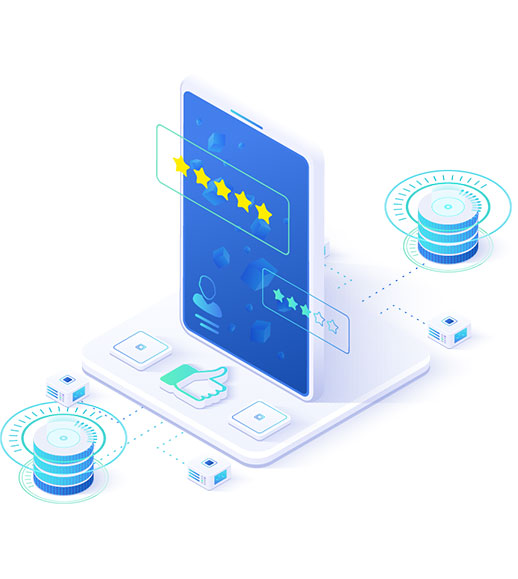


The rapid evolution of the digital industry, accelerated by the Covid-19 pandemic, had a transformative impact on youth work across Europe. Digital skills and literacy became not just useful but essential for youth workers and for anyone supporting young people. Yet many professionals in the Cultural and Creative Industries (CCIs) struggled to keep pace with these changes. The need for youth workers to adapt to new technologies and methods was clear: without this, the quality and relevance of youth work risked falling behind. This was especially true for youth workers who used creativity and the arts as their main tools, and who needed to learn how to combine their existing approaches with digital solutions in order to stay effective.
For many, this transition was not easy. While younger generations grew up surrounded by technology, others faced real challenges in adopting even the most widely used tools. Platforms such as Zoom for communication, Miro for collaboration, Canva for design, or ChatGPT for content development offered powerful possibilities, but only when used correctly and with purpose. Without proper training, these tools could feel overwhelming or underutilised. With the right guidance, however, they had the potential to reshape youth work by making learning more interactive, accessible, and engaging.
The Digi-CCI project was created to respond directly to this need. The consortium brought together expertise from Norway, Belgium, and Türkiye to design innovative, practical, and accessible solutions for youth workers. The project set out to strengthen digital competences, build confidence in using creative technologies, and ensure that youth workers could adapt their practice to the realities of today’s digital age while continuing to inspire and connect with young people.
Through Digi-CCI project, we have;
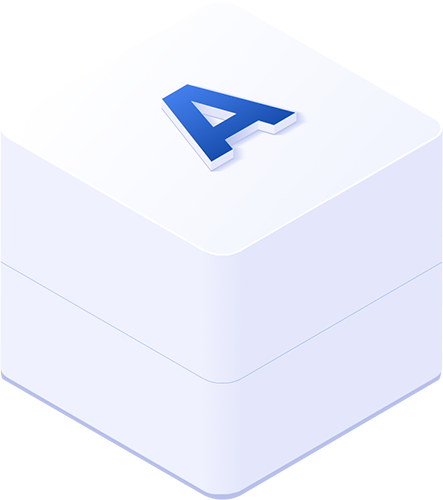
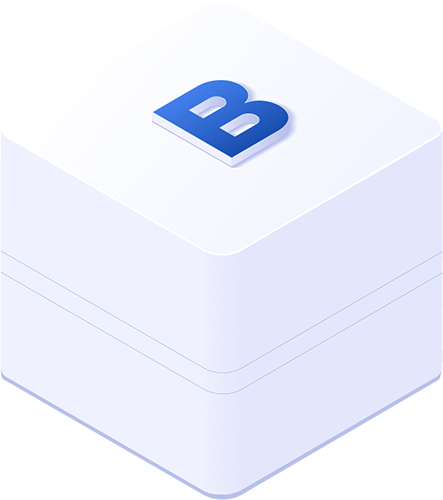

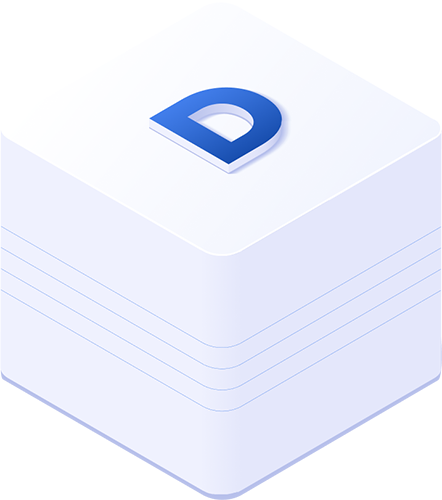
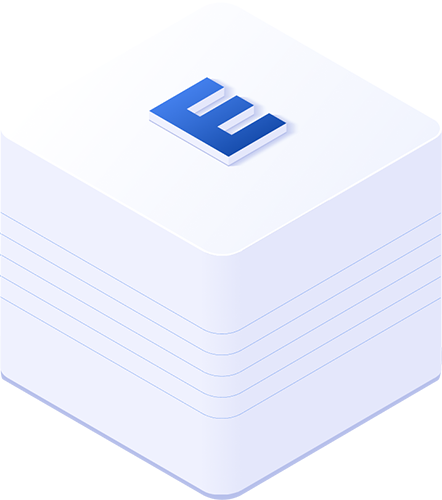
The project delivered three concrete outputs that remain available for use:
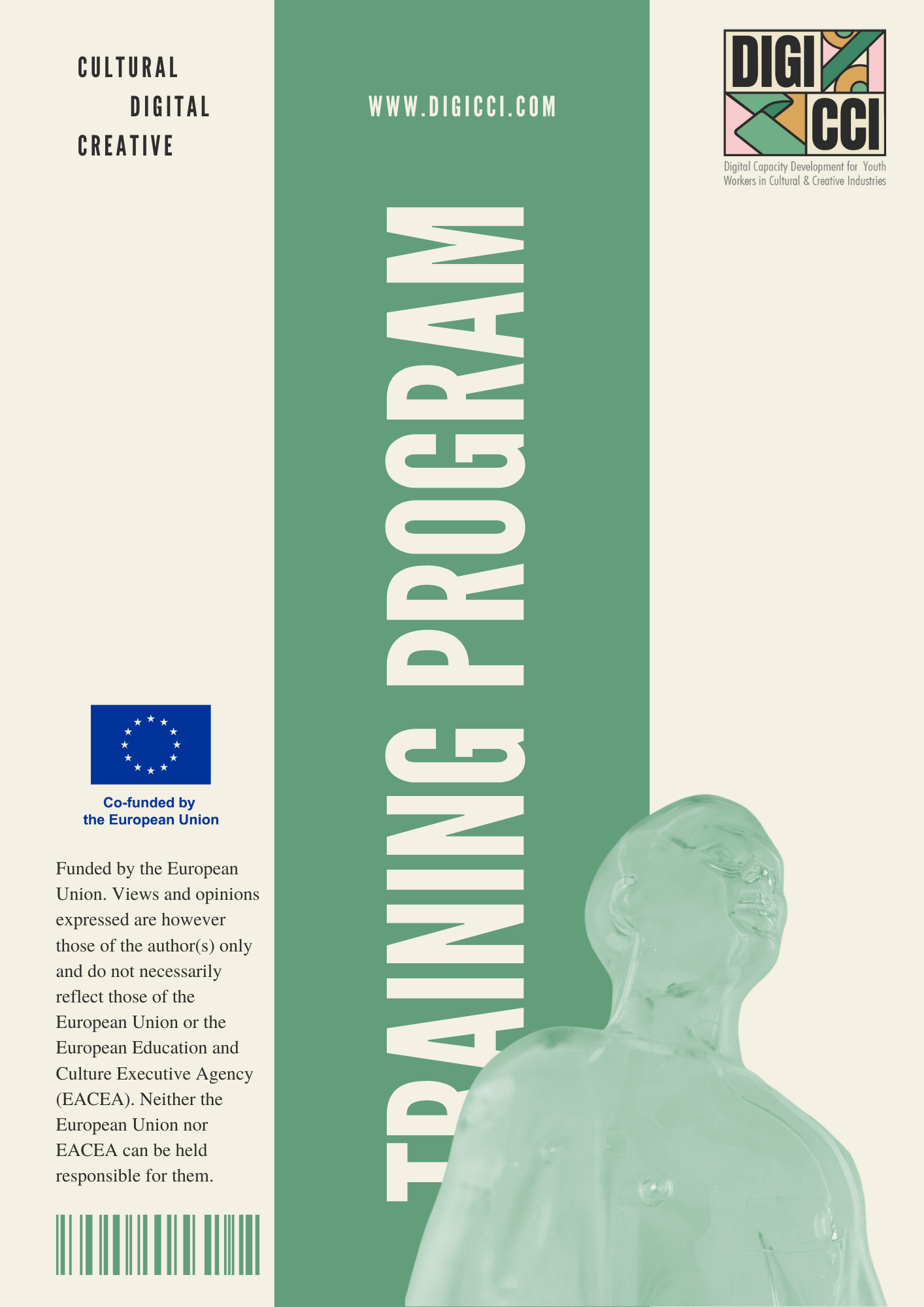
A comprehensive programme developed in two formats: 48 hours face-to-face and 16 hours online. It combined theoretical knowledge with practical exercises on digitalisation in CCIs, innovative digital tools, and emerging trends such as artificial intelligence and augmented reality
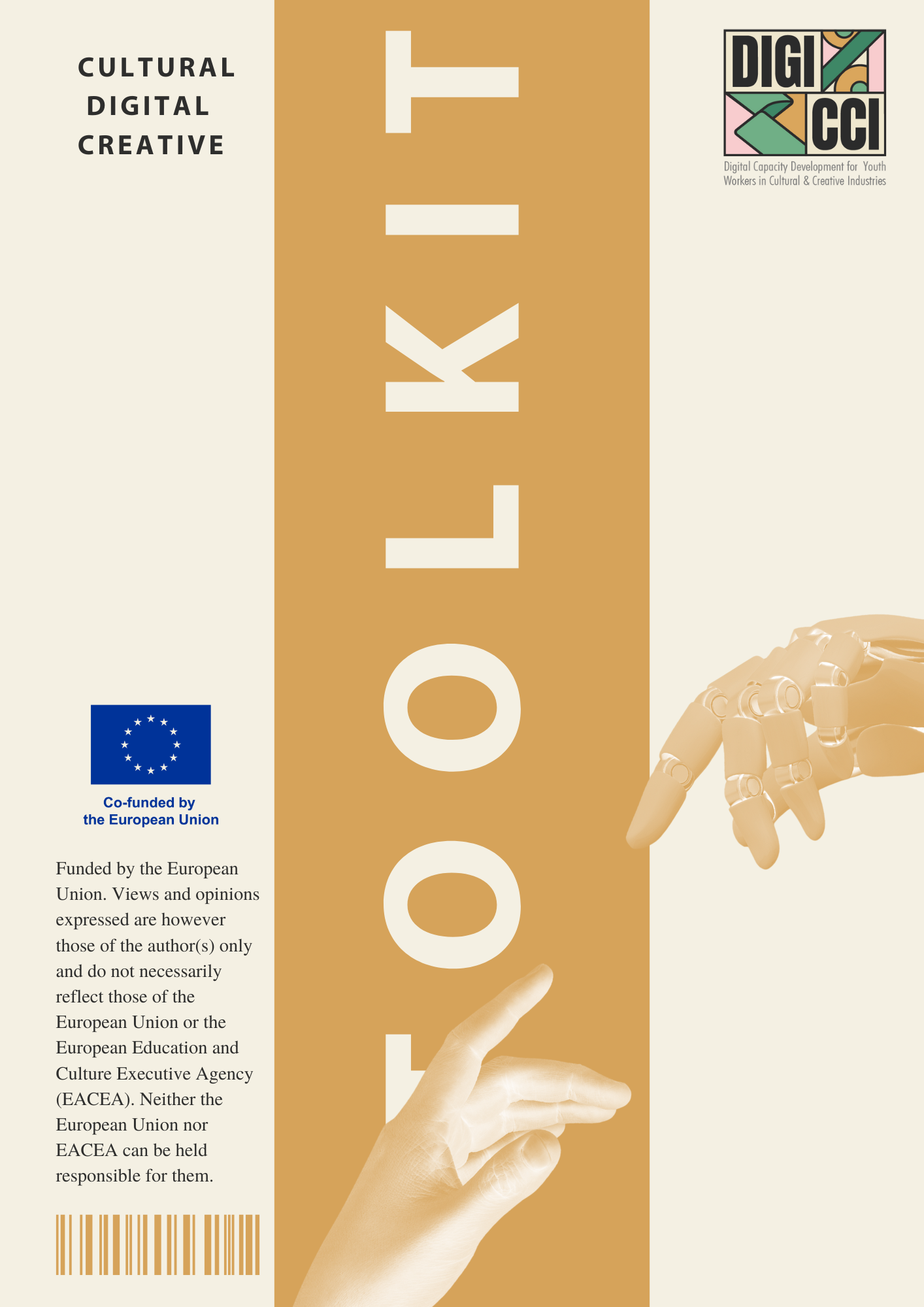
A collection of 10 newly developed digital tools and 10 good practice examples that youth workers can directly apply in their workshops and activities. The toolkit provides practical, ready-to-use resources designed to make youth work more engaging and relevant.
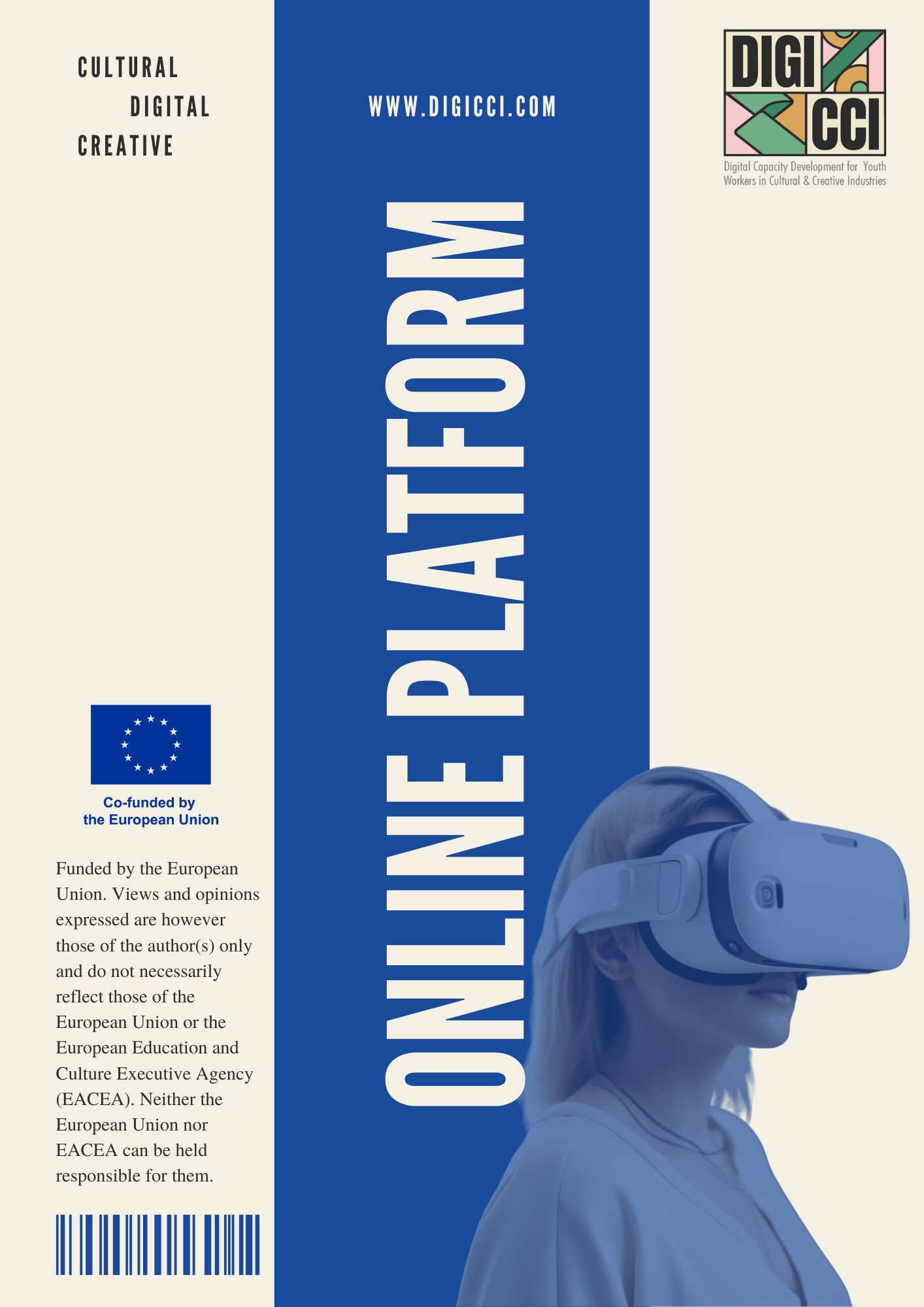
dWe created an open-access online platform at www.digicci.com that serves as a digital learning center for youth workers. In addition to publishing all project outputs, the platform hosts the self-paced online version of the training programme. Learners can go through the modules independently, explore the toolbox, and then test their knowledge through an interactive quiz. Those who successfully complete the training and pass the quiz receive a digital certificate, recognising their new competences in youth work and digitalisation.
By combining digitalization, creativity, and non-formal education, Digi-CCI successfully improved the competences of youth workers, strengthened the capacities of the participating organisations, and created sustainable resources that continue to support youth work across Europe. The training materials, toolbox, and online platform remain as open resources that can be accessed by youth workers and organisations across the Erasmus+ community and beyond.
